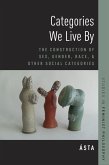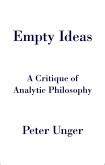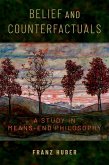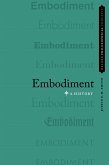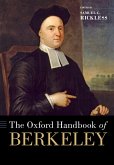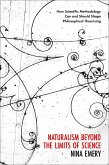More than at any other time in human history, we live in an age defined by movement and mobility; and yet, we lack a unifying theory which takes this seriously as a starting point for philosophy. The history of philosophy has systematically explained movement as derived from something else that does not move: space, eternity, force, and time. Why, when movement has always been central to human societies, did a philosophy based on movement never take hold? This book finally overturns this long-standing metaphysical tradition by placing movement at the heart of philosophy. In doing so,
Being and Motion provides a completely new understanding of the most fundamental categories of ontology from a movement-oriented perspective: quality, quantity, relation, modality, and others. It also provides the first history of the philosophy of motion, from early prehistoric mythologies up to contemporary ontologies. Through its systematic ontology of movement,
Being and Motion provides a path-breaking historical ontology of our present.
Dieser Download kann aus rechtlichen Gründen nur mit Rechnungsadresse in A, B, BG, CY, CZ, D, DK, EW, E, FIN, F, GR, HR, H, IRL, I, LT, L, LR, M, NL, PL, P, R, S, SLO, SK ausgeliefert werden.




